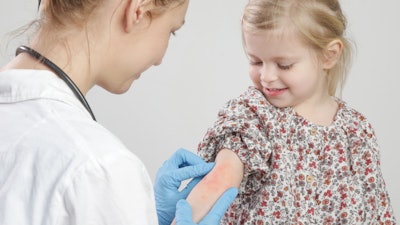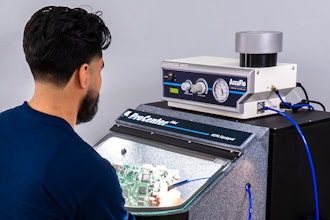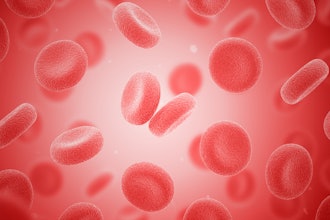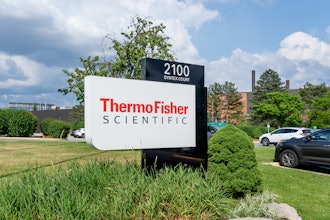
SciBase, a developer of augmented intelligence-based solutions for skin disorders, announced today that it has signed an agreement with Johnson & Johnson Consumer to collaborate on the development of an AI-based screening tool to predict the development of a common type of eczema called atopic dermatitis in infants.
The goal of the collaboration is to develop and validate an AI-based solution that detects skin barrier dysfunction and may be able to predict an infant's risk of developing atopic dermatitis. The method will be based on SciBase's Electrical Impedance Spectroscopy (EIS) technology and specifically for the portable Nevisense Go device.
The collaboration will start immediately and will run for two years and includes supporting a study at several hospitals in Switzerland with Dr Caroline Roduit as Principal Investigator.
"I work every day with the management of different allergic diseases in children, and it is a growing problem. Allergic diseases have a natural progression with atopic dermatitis being the first to manifest, often already in infancy, followed by other allergic diseases, such as food allergy and allergic asthma. The ability to identify these children early, will help to develop preventive strategies for allergic diseases, and Nevisense is an extremely promising method that has potential for early prediction of those children," said Dr. Roduit.
Skin barrier assessment is a new application for SciBase's EIS technology and this collaboration represents one of the three most promising new clinical indications.
"This project is a milestone for SciBase. It is our vision that Nevisense Go will become the standard of care for this indication. Twenty percent of children develop atopic dermatitis and the ability to predict which children are at high risk could significantly expand the development and use of prophylactic treatments. The promise of the test is that it is non-invasive and can be used widely - in this study the test will be performed using Nevisense Go in the home of the infant. If successful, the combination of ease and unique predictive information of the test could translate into broad adoption and open a significant consumer market for SciBase. We see the collaboration as an important step in shaping a future where medical technology is accessible, non-invasive, and personalized," says Simon Grant, CEO of SciBase.






















